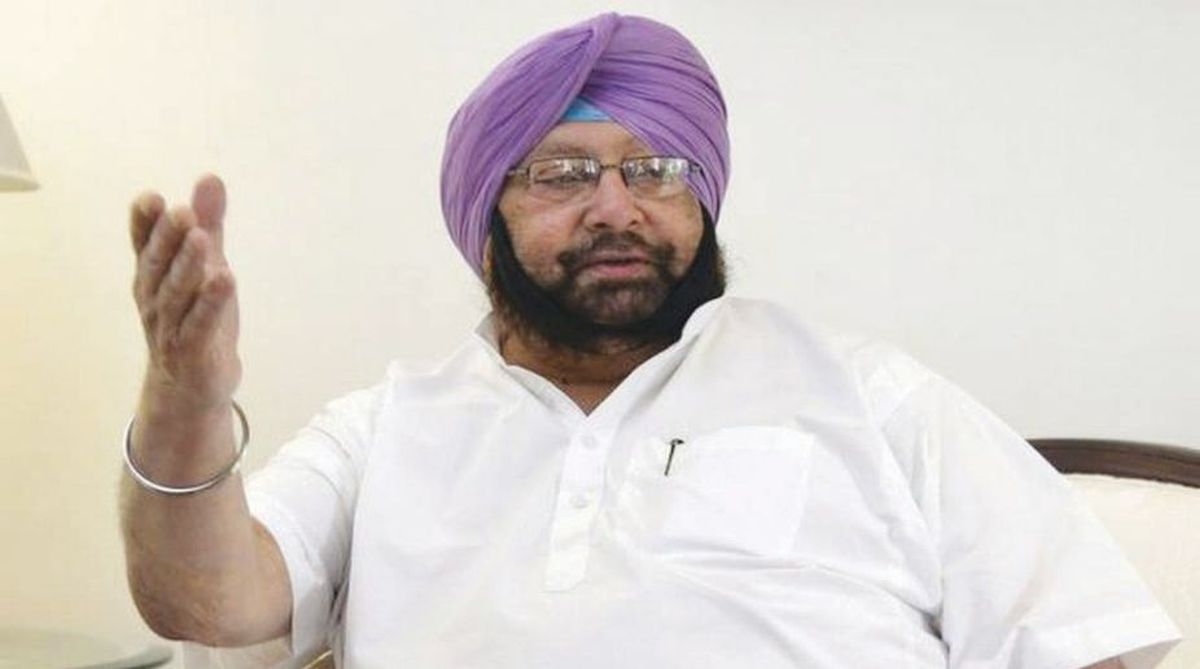In a significant development, the Punjab Cabinet paved the way for legislators to hold several new categories of ‘office of profit’ by approving some important amendments to the Punjab State Legislature (Prevention of Disqualification) Act 1952 on Wednesday.
The amendments will protect the legislators from disqualification in certain additional cases of office of profit, apart from the ones included in the original Act, an official spokesperson disclosed after a meeting of the state Cabinet held here.
The amendments, aimed at addressing the complexities of modern day governance, include incorporation of a new Section 1-A to provide for the definitions of ‘compensatory allowance’, ‘statutory body’ and ‘non-statutory body’.
Insertions and additions have also been made to the categories of offices of profit under Section 2 of the said Act, added the official spokesperson.
As per the new rules, a ‘compensatory allowance’ would mean any sum of money payable to the holder of an office by way of daily allowance.
Such allowance not exceeding the amount of daily allowance to which a Member of Legislative Assembly is entitled under the Punjab Legislative Assembly (Salary and Allowances of Members) Act, 1942, said the official spokesperson.
Also, any conveyance allowance, house-rent allowance or travelling allowance for the purpose of enabling him to recoup any expenditure incurred by a legislator in performing the functions of that office will also be a part of the Act, added the spokesperson. Adding to it, a few amendments have been made in Section 2 of 1952 Act to prevent the disqualification for holding any office by a Chief Minister, Minister, Minister of State or Deputy Minister, whether ex officio or by name.
Similarly, the Act also prevents the office of Chairman, Vice Chairman, Deputy Chairman, State Planning Board, including the office of each leader and each deputy leader of a recognised party and a recognised group in the Assembly.
The office of chief whip, deputy chief whip or whip in the Assembly, including the office of chairman or member of the syndicate, senate, executive committee, council or court of a university or any other body connected with a university also falls under the new amendments.











